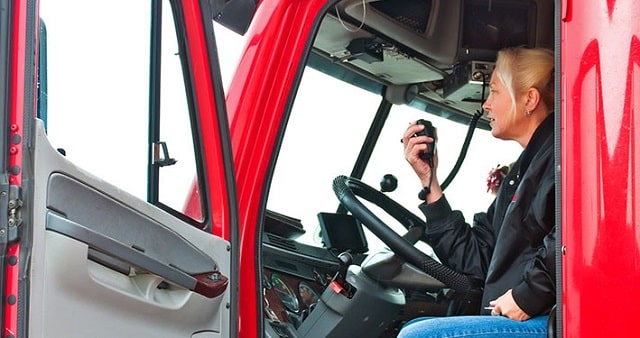
Trucking is a rapidly expanding business in the United States, with over 3.5 million individuals employed as truck drivers. With so many people working in this section, the risk of injuries during work hours is an expected reality, particularly for those working in the trucking business. According to the Bureau of Labor Statistics (BLS), driving is the most dangerous occupation.
Many truck drivers believe that if they are injured while on the job, they will be compensated by workers' comp insurance. This is not always true, as a number of circumstances influence whether or not a trucker that was hurt while working are qualified for these benefits.
Workers' Comp And Laws Surrounding No-Fault
Truckers encounter specific dangers while working, which could result in injuries, minor or major. These trucking injuries are likely covered under workers' compensation insurance. Here's are some instances that may qualify:
- Accidents that result in broken limbs, neck and head injuries, internal bleed or injuries to your back
- Injuries from repetitive movements, such as carpal tunnel syndrome, tendinitis or related ailments.
- Back or musculoskeletal problems from lifting big objects
- Being hit by objects
- Falling from high places
Some states are no-fault, which implies that an employee that is injured while working are entitled to benefits, even if they are at fault for an accident.
An example of such an accident may be if a trucker trips while carrying a large load, but they failed to clear the path. The trucker could be considered to be at fault for his or her injuries, but they can still receive benefits as part of workers' comp coverage. Also, because they were performing a task related to their job, this falls under "scope of employment", making them eligible for workers' compensation.
To avoid paying benefits, a trucking company or their insurance may argue that an injury is not connected to a trucker's job tasks. In a situation like this, work injury attorneys have to provide evidence that shows their client's injury during their job activity. In order to do so, these are questions that need answers:
- At the time of the accident, what was the trucker doing?
- Are there any medical problems that were already plaguing the trucker before the accident?
- Is the injury a common occurrence in your line of business?
- Were you on the payroll at the time you were injured?
Independent Contractors
The status of a truck driver's job will also determine whether or not he or she is protected by workers' compensation insurance. Workers' compensation is available only to legally recognized employees, not those who are considered independent contractors.
Truckers who are considered independent contractors usually do not have workers' comp coverage, and most of the time, their company is not liable for any accidents that occur while working. Companies may often try to label truck drivers as independent contractors to minimize their exposure in the event of an accident.
By studying your trucking contract and taking other variables into consideration, an attorney may assist you in determining if you should be considered an employee. Things to consider include:
- The extent to which the company has influence over your employment responsibilities.
- The company sets your work schedule.
- The company covers the price of vehicle maintenance.
- Can you refuse specific loads or job assignments?
- Are you paid hourly, per mile traveled, or something else entirely.
- Are you forced to wear a uniform?
- Do you utilize your own equipment or the employer provides you with equipment?
With all of these variables taken into account, it can be determined if you are qualified for workers' compensation insurance coverage as a trucker. Drive safely to avoid trucker accidents and injuries!
